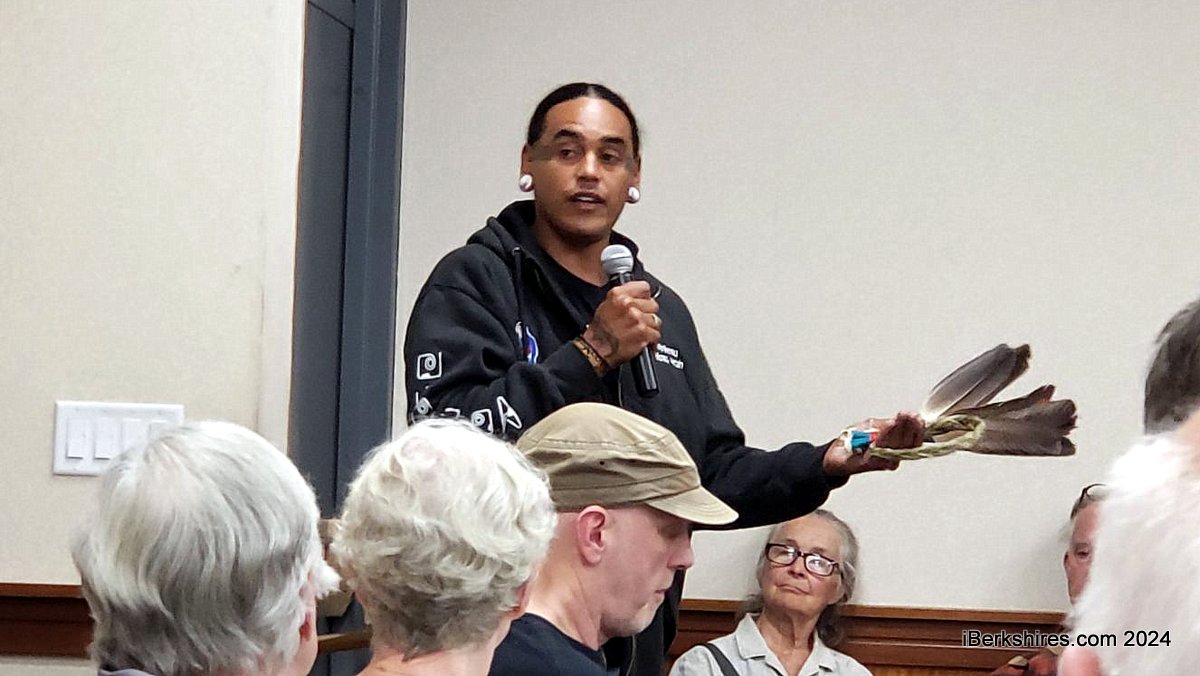
Don't let fear drive investment decisions
 |
- Fear of loss – Some investors may emphasize avoiding losses more than achieving gains. Consequently, they might build portfolios they consider very low in risk, possibly containing a high percentage of certificates of deposit (CDs) and U.S. Treasury securities. Yet, a highly conservative approach carries its own risk — the risk of not achieving enough growth to stay ahead of inflation, much less meet long-term goals such as a comfortable retirement. To reach these goals, you'll want to construct a diversified portfolio containing different types of assets and investments — each of which may perform differently at different times. Your objective shouldn't be to avoid all risk — which is impossible — but to create an investment strategy that accommodates your personal risk tolerance and time horizon.
- Fear of missing out – You're probably familiar with the term "herd mentality" — the idea that people will follow the lead of others for fear of missing out on something. This behavior is responsible for fads or the sudden emergence of "hot" products, and it's also relevant to investing. In fact, herd mentality may contribute to sharp jumps in the financial markets as investors drive up prices by buying stocks to avoid being left behind. And the same may be true in reverse — when the market starts dropping, skittish investors may accelerate the decline by selling stocks so they, too, can get out before it's too late. Buying or selling investments should be considered as needed to help advance your long-term financial strategy — not in response to what others are doing.
- Fear of the unknown – Some investors fall victim to "familiarity bias" — the tendency to invest only in what they know, such as local or domestic companies. But this behavior can lead to under-diversified portfolios. If your portfolio is dominated by just a few investments, and these investments are fairly similar to each other, you could experience some losses when the inevitable market downturn occurs. To help reduce the impact of market volatility, it's a good idea to spread your investment dollars across large and small companies in a range of industries and geographical regions. And that's just on the equities side — it's also wise to consider further diversifying your portfolio by owning bonds and government securities. (Keep in mind, though, that diversification can't guarantee profits or protect against all losses.)
- Fear of admitting failure – Some individuals don't like to admit when they've been wrong about something, and they may continue the same failed activities, hoping for eventual success. This behavior can be costly in the investment arena. Sometimes, a particular investment, or even an investment strategy, just doesn't work out, but an investor is determined to stick with it — even if it ultimately means considerable financial loss. Don't let his happen to you — if it becomes apparent you need to change your investment approach, move on to something better.
















